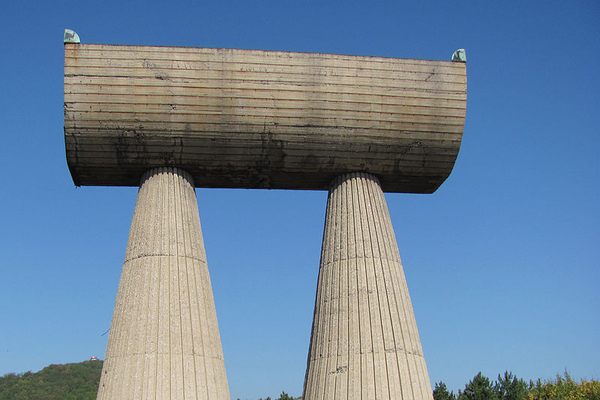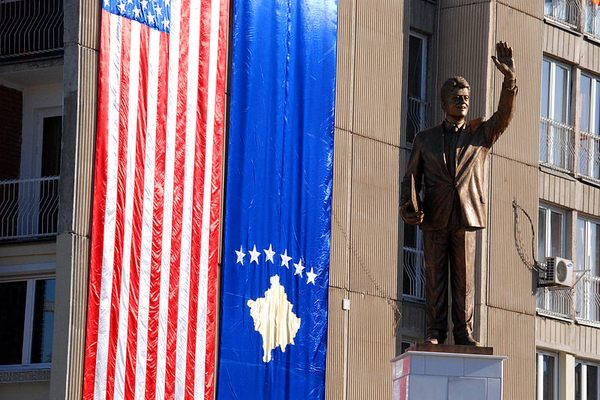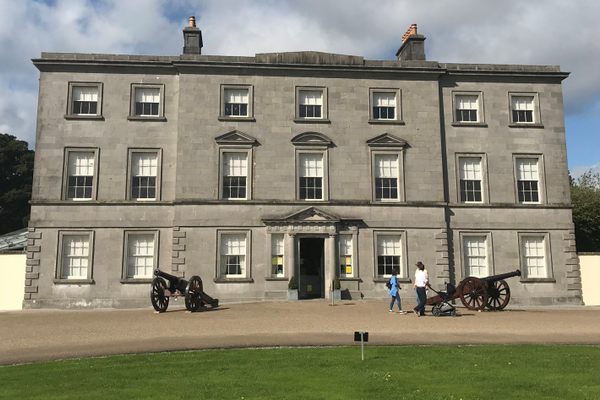Memorial Complex Adem Jashari
The site where the leader of the Kosovo Liberation Army was killed is now a memorial.
History books of the Balkans are peppered with accounts of conflict between the Albanian and the Serbian ethnicities. Unsurprisingly, words such as occupation or liberation are deployed regularly to describe the same events, depending on who is narrating. One such event is the recent Kosovo War, which started in February 1998 and ended in June 1999. The two main entities involved in the conflict were the forces of the Federal Republic of Yugoslavia on the Serbian side, and the Kosovo Liberation Army (KLA) on the Albanian side, with the latter trying to undermine the Federal Republic of Yugoslavia’s hold on Kosovo. Adem Jashari was one of the key founders of KLA.
Jashari was born in 1955 in the village of Prekaz, which belongs to a region inhabited predominantly by ethnic Albanians while the territory was within the borders of Yugoslavia. In 1991, Jashari participated in an uprising against the Yugoslav authorities in Kosovo, and KLA was founded. Shortly after this, Jashari moved to Albania for military training. Upon his return to his hometown, he resumed his activities against the Yugoslav authorities, which eventually led to the Yugoslav forces surrounding his compound on March 5, 1998.
More than 60 people were inside the compound, and they included many women and children. By the end of the battle, 28 militants and 30 civilians were killed. Among the militants was Adem Jashari, and most of the civilians that were killed were members of Jashari’s family. This was a turning point that marked the beginning of the Kosovo War. An unintended consequence of the massacre of Prekaz was KLA’s immediate rise in popularity and respect among the Albanian communities and beyond. Most of the international community turned against the Federal Republic of Yugoslavia and eventually NATO got involved in the conflict.
The Memorial Complex Adem Jashari consists of a garden, a museum, and two buildings. The garden is where the graves of the soldiers that died in the conflict can be found, constantly guarded by soldiers of the Kosovo Security Force (KSF). The museum displays everyday objects that belonged to those who died during the clash on March 5, 1998, including the AK47 that Adem Jashari used on that fateful day. The two buildings belong to the compound where the fighting took place, and they are riddled with bullet holes and bigger cracks caused by heavy artillery. These two buildings are surrounded by scaffolding so that visitors can appreciate the level of destruction caused by the battle without actually touching the buildings.
Several other buildings in Prekaz village and the surrounding countryside bear the scars of this battle.


































Follow us on Twitter to get the latest on the world's hidden wonders.
Like us on Facebook to get the latest on the world's hidden wonders.
Follow us on Twitter Like us on Facebook